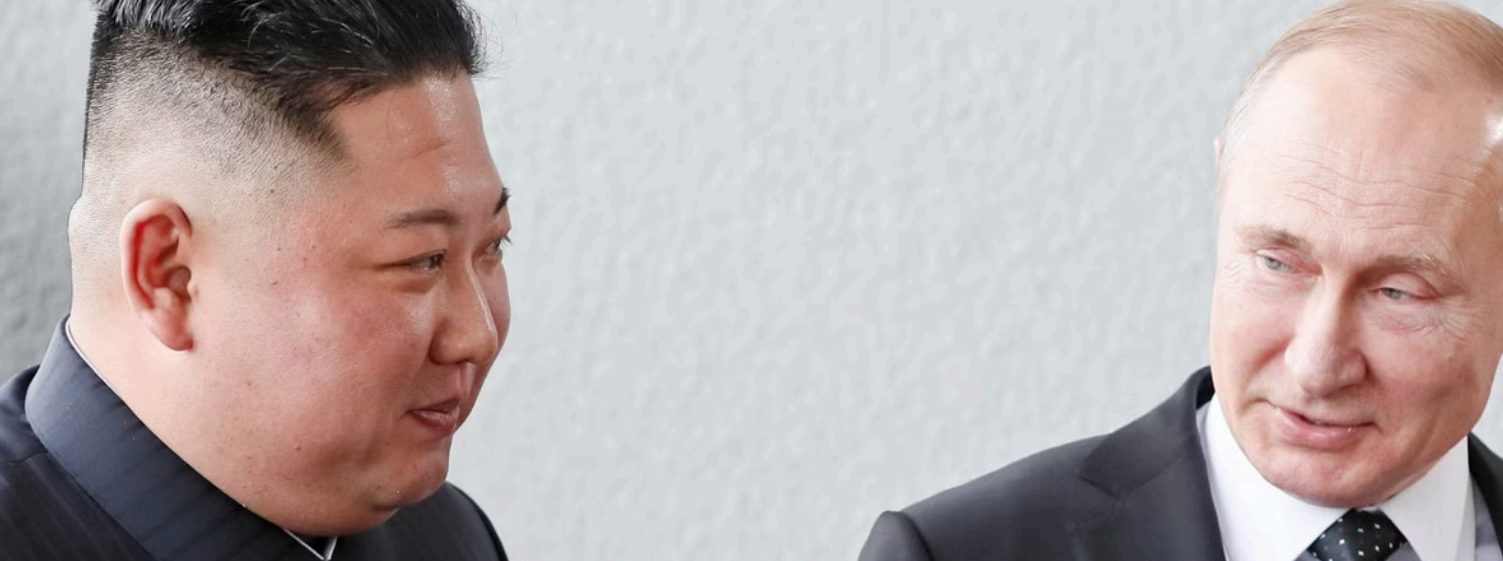Edited by Adrian Wattimena
CSIA. The Russia-North Korea relationship has evolved from close ties during the Cold War to a complex strategic alliance today, reflecting pivotal events like the Soviet collapse and North Korea’s nuclear program. The two countries are united by a shared desire to resist Western influence and challenge the global order. Russia sees North Korea as a valuable ally in its geopolitical struggle, providing diplomatic support, economic assistance, and access to resources. In turn, North Korea relies on Russia as a counterweight to its isolation and dependence on China. Despite the many challenges, including international sanctions and differing priorities, Russia and North Korea continue to deepen their multifaceted ties, cooperating on trade, military affairs, and efforts to undermine the sanctions regime. Underlying the relationship is a shared authoritarian ideology and a desire to project power on the global stage. Both countries see each other as useful allies in their confrontation with the United States and its partners. Yet the alliance is not without tensions and contradictions, as North Korea’s behavior and Russia’s own economic struggles create headaches for both sides. Ultimately, the Russia-North Korea alliance represents an effort by both countries to navigate the treacherous geopolitical landscape of Northeast Asia. As global powers compete for influence in the region, this relationship will continue to be a crucial factor shaping regional security and global stability.

